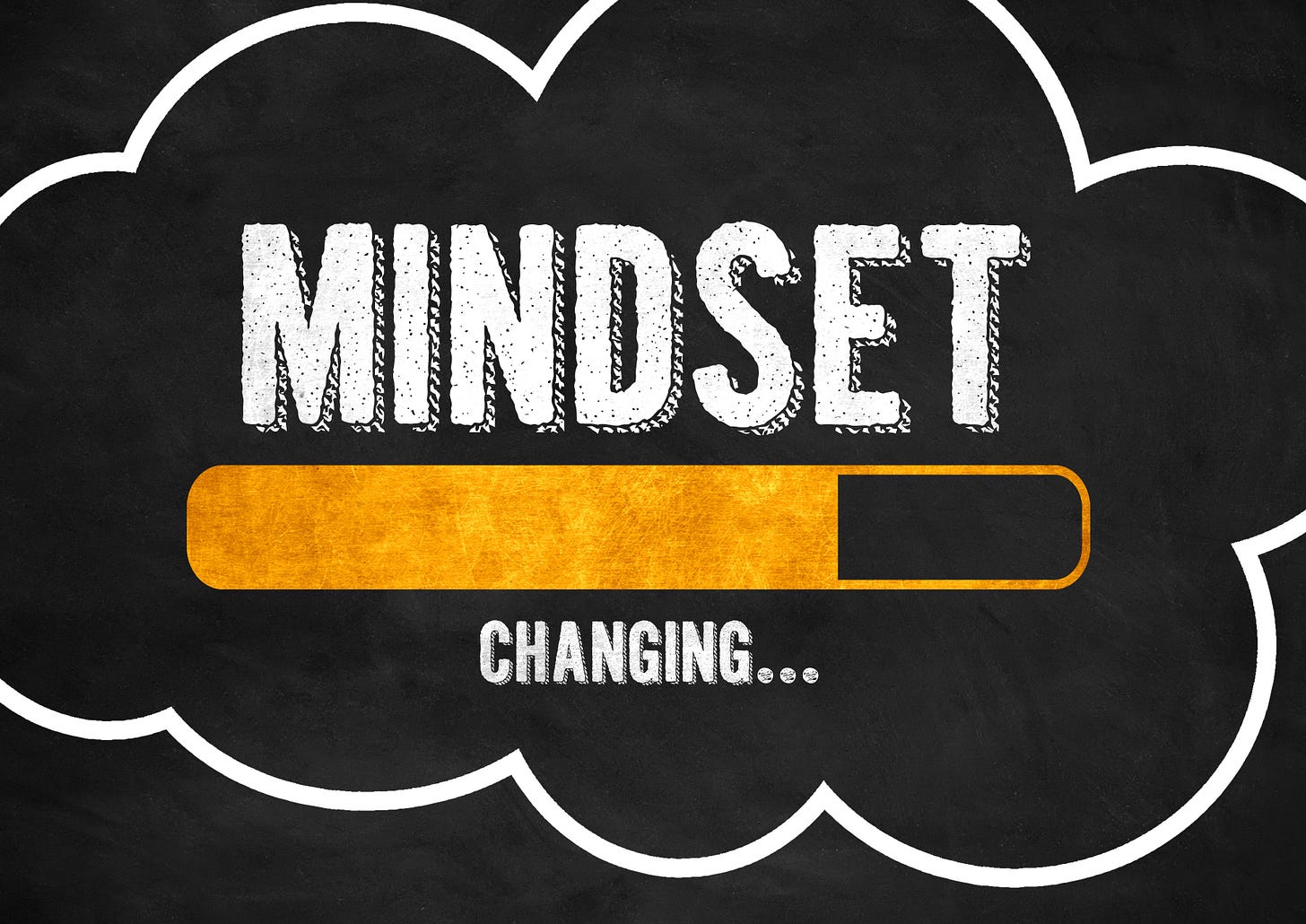When it comes to changing a habit, the environment always wins
I was recently re-reading work on habits by James Clear. As I was listening to the audio book again, it got me thinking about recent conversations I had been having with coaches. The topic was on helping athletes manage fear. It eventually lead to us to discussing some training options for both the coaches and the athletes. However, when I’m having these conversations, I find myself thinking about the “culture” and the environment of the team.
Are we creating the conditions for success?
Going back to the book for a moment, some compelling points were raised that are important for us to consider when engaging in skills training. What habits are we trying to build and how can we create an environment that allow for that growth and development?
For example, if I am working with a team to have a more “growth” mindset - and I teach the concepts of fixed vs. growth or task vs. ego - this really does minimal in the way of helping athletes develop a growth mindset. It’s a nice awareness builder, but it doesn’t really change the habits. However, if I am working with coaches to change the evaluation method (a.k.a. - how their athletes reflect and learn around practices and competitions), then we are fundamentally changing the conditions. Allowing for an entire team culture to collaborate together as part of the daily and weekly regimen, evaluating their development around the skills and strategies they can control. Ultimately, strengthening a culture of process and growth mindedness. This is just an example of course, but it begs the question for us to ponder when creating skills training…
How can we account for the environment when training our clients?
THE PATH AHEAD
When engaging in team training, think about the following:
How can I integrate skills training within the existing practice and competition structures?
If working with a team, how can I take an individual mental skill and create a team culture around it vs. strictly doing team work around team dynamics?
How can I help simplify skill development into more bite-sized pieces to help with behavior change? (This is one you probably have heard of, “When-Then” statements, or intention striving).
This Months Events
Weekly coffee, Tuesday mornings 7:O0 am CST.
Zoom: 5106042104 (No Password needed)
Monthly Special Interest Events will begin in November after AASP conference
Want more hands on?
Check-out other support options to help you navigate the field.
Video Resources
Curated content for a wide range of consulting needs ranging from mental skills training to business strategies:




